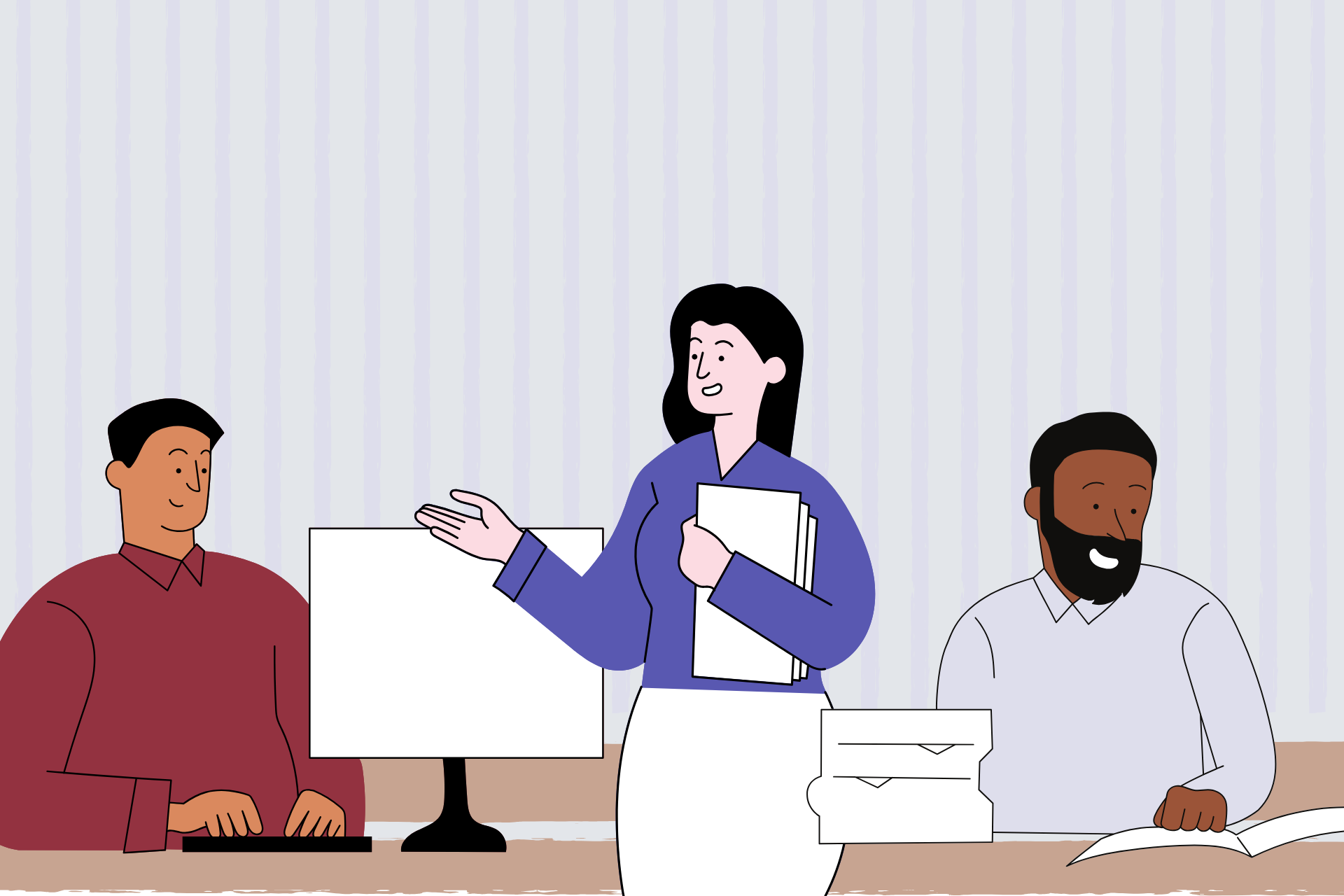By Jayme Rawson
College Coordinator and Achievement Coach, East Career and Technical, Clark County School District (Nevada); MSA Board Member
Teachers are expected to craft thoughtful lesson plans that meet the needs of all learners. They are expected to follow strict curricula, even when those curricula are untested or unproven. They are expected to anticipate student needs, build trust, support students emotionally and socially, and provide for their basic needs. They are expected to ensure students perform well on standardized measures (whether or not those assessments align with standards or reflect real-world learning). And they are expected to prepare students to enter an uncertain world ready to lead, collaborate, and solve the challenges our generation has left behind for them. It is a wonder that anyone chooses to teach, and a marvel that so many of us, including myself, love what we do.
We are purpose- and passion-driven, believing that being part of a democracy means teaching all students to understand, respect, and navigate an ever-changing world.
 In this way, it is fair to say that teaching is a political act, not partisan, but political in the broadest sense. Giving students access to knowledge, connection, and care is how we move democracy forward. Opportunity is at the heart of our nation’s promise, and students need skills and support to reach their full potential.
In this way, it is fair to say that teaching is a political act, not partisan, but political in the broadest sense. Giving students access to knowledge, connection, and care is how we move democracy forward. Opportunity is at the heart of our nation’s promise, and students need skills and support to reach their full potential.
Teachers know this truth. But many outside the classroom have lost touch with what schools really do. To help others reconnect, teachers must also advocate for students, for our profession, and for a free and fair education for all. I know this sounds impossible. Teaching is already endless and exhausting. So how can we, whose tanks are already running on empty, also shape the national conversation about education (a conversation often void of teachers who dedicate their entire lives to building our future)?
First, we cannot do it all, and we cannot do it alone. But if every teacher in America told one story, sent one letter, or made one call a year to a representative, journalist, or community leader, the realities of our work would begin to take shape in public discourse. Our stories must be heard if we want a say in how this country envisions its future.
So, what can we do?
My charge to teachers is to become keepers of stories about students, their families, and the miracles they create in their daily lives. Data points rarely open hearts, but stories do. Choose one or two stories, learn to tell them well, and share them when conversations about education arise. Look for opportunities to bring those stories to policymakers, community partners, or journalists. Always protect student identities and follow district guidelines, but do not underestimate the power of storytelling.
Commit to sending at least one letter, email, or postcard (or making one phone call) to targeted local, state, or national legislators about a school-based issue you care deeply about. Set a goal that feels realistic, like once a month, quarter, semester, or year. It may feel small, but each act of communication builds a culture of teacher voice in spaces where we are too often absent. Even if no reply comes, your words still matter. Not only is it an exercise in empowerment and release, but you never know who might be moved by your message.
Opportunities exist across the country for teachers to make a difference beyond their classrooms. Join a district, state, or national committee, roundtable, or professional organization that both supports you and amplifies your voice. And if you can’t find a space where teachers feel welcome, create one. A simple quarterly meetup can grow into a powerhouse of advocacy, whether through testifying on key issues, collaborating with organizations to support students and families, or simply offering colleagues mutual support during tough times.
Teachers, your daily work already changes the world. By bringing joy to learning, believing in every student, and preparing the next generation of leaders, you are shaping democracy itself. You are enough. You are doing enough. While challenges grow, your voices and stories remain vital in shaping schools and communities.
Share them when you can. Connect with others. Build community power to drive change. Your commitment to opportunity, equity, and excellence matters deeply. I see you, value you, and am endlessly grateful. Keep going.